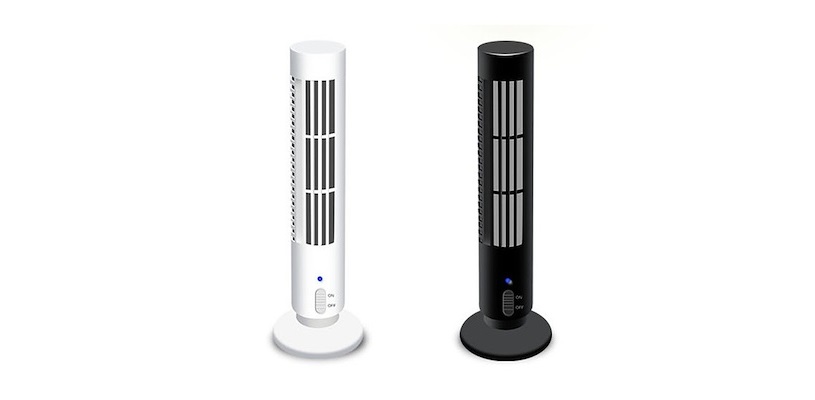Clean air is vital for your overall well-being. Air ionizers and purifiers are devices that help in improving air quality.
If you’ve come across ionizers and purifiers, you may have asked yourself: is an ionizer the same as an air purifier?

The answer is yes. An ionizer is a type of air purifier, but differs in various ways from traditional purifiers, such as those with HEPA filters.
Contents
Air ionizers vs. air purifiers: similarities and differences
Here are the similarities and differences between an ionizer and a purifier.
Similarities
The similarities between an air purifier and an air ionizer are:
- They clean air: They both purify the air by removing contaminants and impurities to achieve high indoor air quality.
- Portability: They are portable and can be convenient to place in any room that requires air cleaning.
Differences
Here is a list of differences between an air purifier and an air ionizer:
- Mode of operation: The main difference between an air purifier and an ionizer is their mode of operation. The air purifier uses HEPA filters to trap contaminants while the ionizer releases negatively charged ions into the air, and these ions bond with contaminants, thereby eliminating them.
- Scope of contaminants: Ionizers can only collect small contaminants such as pollen, fine dust, smoke, and some types of bacteria. On the other hand, an air purifier has a wider scope and can remove small and bigger particles such as pet dander, mold, soil, ash, and dust mites.
- Ozone: An ionizer, while in operation, can produce ozone gas to help with odor elimination. However, you should use it carefully as ozone can be dangerous and can cause respiratory problems. The HEPA filter does not produce any material that can cause harm.
What does an ionizer do?
An ionizer purifies indoor air using ions. This is different from air purifiers that make use of filters.
How it works
An ionizer, also known as an ionic air purifier, operates by sending electrically charged ions to form bonds with positively charged contaminants in the air. The contaminants acquire heaviness, fall on the ground, or are collected on a built-in electrostatic plate.
What about an air purifier?
On the other hand, an air purifier is an efficient device that can remove big and small particles such as pet dander, smoke, fine dust, mold, soil, ash, and dust mites. Contrary to what most people think, an air purifier isn’t a waste of money.
Purifiers that come fitted with a High-Efficiency Particulate Air (HEPA) filter are commonly known as HEPA air purifiers, and they are more effective than many other filters.
Air purifier versus air cleaner
Both air purifiers and air cleaners are devices that can clean contaminated air. What is the difference between an air purifier and an air cleaner?
The major difference is that the air cleaner is installed in the HVAC system while the air purifier is portable.
Similarities
Similarities between an air purifier and air cleaner include:
- Clean air: The air cleaner and purifier clean air by removing harmful contaminants.
- Wide scope: They are both efficient in trapping both small and big particles such as fine dust, smoke, mold, soil, and pollen.
- Use of filters: The air purifiers use HEPA filters to trap particles to clean the air. Air cleaners use regular built-in filters to clean dirty air.
Differences
The main difference between an air cleaner and an air purifier is:
- Portability: Air purifiers are portable devices that are easy to place in any room that requires air purification. The air cleaner is built-in or installed in the heating, ventilation and air conditioning system (HVAC).
Air quality is important for maximum productivity and good health. The air purifiers can help you achieve all these benefits effortlessly while keeping your family safe.
Related Buying Guides: